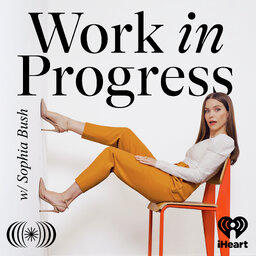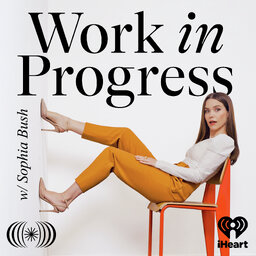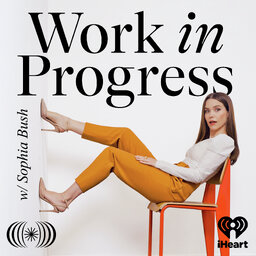Morgan Harper Nichols is an American poet, musician, and mixed-media artist whose work is centered around the question "how can we create connection?" Morgan joins Sophia to talk about nurturing your inner child, the undeniable voice she heard that led her to being an artist, creating art that isn't tied to an outcome, and her new book of poetry and essays How Far You Have Come, out now!
Executive Producers: Sophia Bush & Rabbit Grin Productions
Associate Producers: Caitlin Lee & Samantha Skelton
Editor: Josh Windisch
Artwork by the Hoodzpah Sisters
This show is brought to you by Brilliant Anatomy.
 Work in Progress with Sophia Bush
Work in Progress with Sophia Bush


